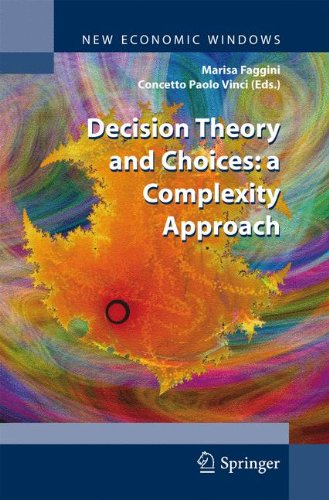

Most ebook files are in PDF format, so you can easily read them using various software such as Foxit Reader or directly on the Google Chrome browser.
Some ebook files are released by publishers in other formats such as .awz, .mobi, .epub, .fb2, etc. You may need to install specific software to read these formats on mobile/PC, such as Calibre.
Please read the tutorial at this link: https://ebookbell.com/faq
We offer FREE conversion to the popular formats you request; however, this may take some time. Therefore, right after payment, please email us, and we will try to provide the service as quickly as possible.
For some exceptional file formats or broken links (if any), please refrain from opening any disputes. Instead, email us first, and we will try to assist within a maximum of 6 hours.
EbookBell Team

5.0
110 reviewsIn economics agents are assumed to choose on the basis of rational calculations aimed at the maximization of their pleasure or profit. Formally, agents are said to manifest transitive and consistent preferences in attempting to maximize their utility in the presence of several constraints. They operate according to the choice imperative: given a set of alternatives, choose the best. This imperative works well in a static and simplistic framework, but it may fail or vary when 'the best' is changing continuously. This approach has been questioned by a descriptive approach that springing from the complexity theory tries to give a scientific basis to the way in which individuals really choose, showing that those models of human nature is routinely falsified by experiments since people are neither selfish nor rational. Thus inductive rules of thumb are usually implemented in order to make decisions in the presence of incomplete and heterogeneous information sets; errors and biases are the natural counterpart of learning and adapting processes. The papers collected in this volume show that economic agents, individual or aggregate, do not conform to standard economic models, highlighting how a different framework – complexity theory - could help to explain and understand the choice and decision process of economic agent.